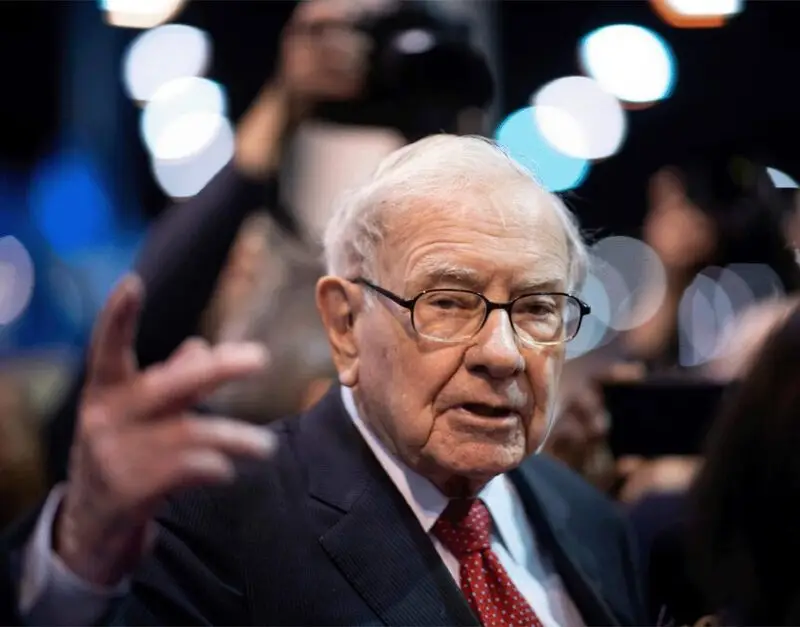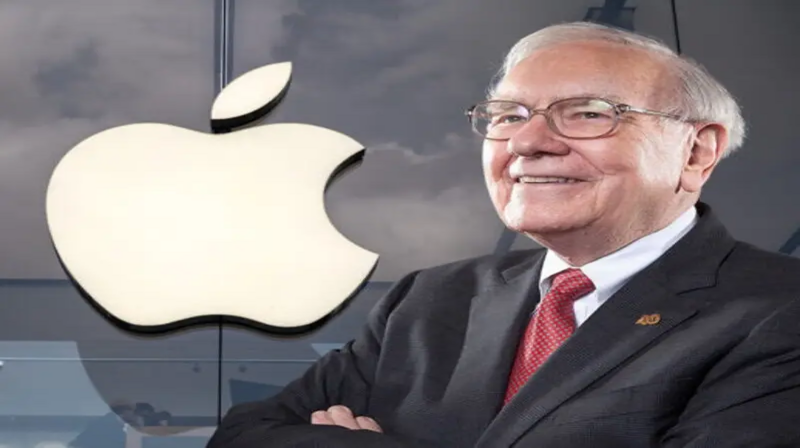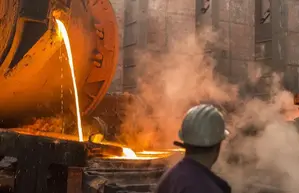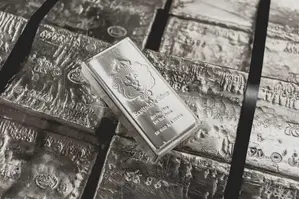Buffett’s market crash predictions are proving quite accurate right now as the legendary investor sits on his largest cash pile ever during the current 2025 downturn. Warren Buffett’s strategic decision to sell off significant Apple stock holdings and also accumulate a record $334 billion in Berkshire Hathaway reserves before the market tumbled has left many investors and analysts wondering about this Warren Buffett investment strategy.
Also Read: Serbia Defies EU Over Russia Parade—De-Dollarization Signs Grow in Balkans
Buffett’s Market Crash Strategy, Apple Sale, And Cash Reserves

The Apple Stock Selloff That Raised Eyebrows
Over the past year, Buffett aggressively reduced his Apple position, which was previously one of Berkshire’s largest investments. This market crash preparation move raised quite a few questions at the time but appears rather prescient now as Apple shares continue to tumble amid the market volatility triggered by President Trump’s recent tariff policies.
Warren Buffett has previously mentioned:
“The most important quality for an investor is temperament, not intellect. You need a temperament that neither derives great pleasure from being with the crowd or against the crowd.”
Berkshire Hathaway’s reserves reached an unprecedented and frankly astonishing $334 billion by the end of 2024, representing about 30% of the company’s total assets. This defensive position provides extraordinary flexibility as the S&P 500 recently entered bear market territory, dropping more than 20% from its highs before recovering just a bit.
Also Read: JP Morgan Revises Apple Stock Price Prediction: See the New Target
What Can We Learn From Buffett’s Past Crisis Responses?
Previous market crashes really do reveal the effectiveness of his market crash strategies. During the 2008 financial crisis, for instance, Buffett invested $5 billion in Goldman Sachs right after Lehman Brothers collapsed and made similar investments in General Electric and Bank of America when markets were in panic mode.
Buffett reflected in 2020:
“In 2008 and ’09, the truth is, we weren’t buying those things to make a statement to the world. We made them because they seemed intelligent things to do. And markets were such that we didn’t really have much competition.”
The COVID-19 Playbook Revisited
The COVID-19 crash demonstrated another aspect of the Warren Buffett investment strategy that surprised many observers. Major acquisitions were actually avoided during this period despite having plenty of available capital.
Buffett explained at Berkshire’s 2021 annual meeting:
“We could have deployed $50 or $75 billion, and right before the Fed acted. When Jay Powell acted as he did, that was incredibly important… They moved with a speed and a decisiveness on March 23rd that changed the situation where the economy had stopped.”
Also Read: Currency: EUR/USD Stuck Between 1.1280 & 1.1400—Can the US Dollar Find Stability?
What Buffett Might Do Next
As the stock market crash from 2025 continues to unfold right now, many investors are eagerly awaiting guidance from the upcoming Berkshire Hathaway shareholder meeting that’s just three weeks away. Buffett’s proven market crash approach suggests he’s positioning for some major acquisitions if conditions deteriorate further.
One of Buffett’s famous pieces of wisdom certainly applies in this situation. Here’s what he had to say:
“Opportunities come infrequently. When it rains gold, put out the bucket, not the thimble.”
Financial services, consumer staples, and also energy companies that align with his value-oriented approach may very well become targets for his substantial cash reserves in the coming months. One thing is for sure: the discipline shown in accumulating Berkshire Hathaway reserves rather than chasing overvalued assets exemplifies the Warren Buffett investment strategy that has defined his six-decade career.






